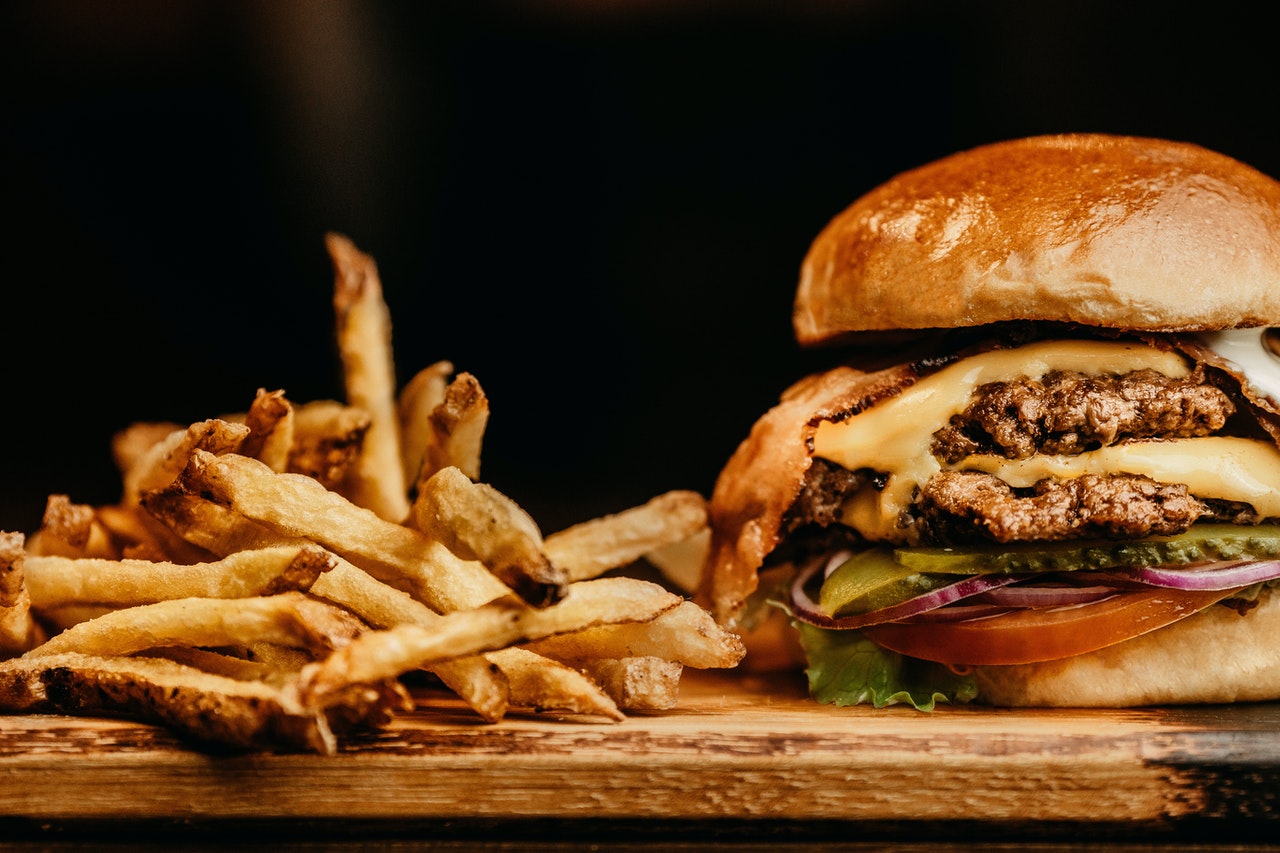It’s no secret that heart patients need to make some dietary changes in order to improve their health. But what are the specific foods that they should avoid? This can be a confusing question, as there are so many different types of food and diets out there.
These foods can put unnecessary strain on your heart and make it harder for you to recover from a heart attack or other cardiovascular event. In this post, we will take a closer look at the types of food that are best to avoid if you have heart problems.
The United States launched a stunning Home Depot health check app. Actually, Home Depot is the large and best retail business in the US having over 500,000 employees that supply products, tools and, other services.
What Foods Should Heart Patients Avoid?
Following a heart-healthy diet doesn’t mean that you have to forgo all of your favorite foods. There are plenty of healthy alternatives, which can help you feel refreshed and invigorated rather than deprived. Here are some foods that are best to avoid if you have heart problems:
1. Food’s High In Saturated Fat
Saturated fat can increase cholesterol levels and raise your risk of clogged arteries. This puts strain on the heart because it has to pump harder to keep blood flowing throughout the body. Eating foods that are high in saturated fat can also contribute to weight gain, which is another major risk factor for cardiovascular disease.
2. Food’s High In Sodium
A diet that’s high in sodium can cause fluid retention, which can put too much strain on the heart. This also puts extra stress on the kidneys, as they have to work overtime to filter out these excess fluids.
3. Trans Fat
These types of fats are usually found in fried and processed foods and commercial baked goods like cakes and cookies. Processed trans-fat is even worse than saturated fat because it can raise your LDL levels, which increases cholesterol and puts added strain on the heart. If you’re eating foods that contain trans-fat, chances are you’re also eating too much sugar and carbohydrates as well.
4. Refined Grains
These types of processed foods may be low in fat but they aren’t necessarily good for you. Refined grains can contribute to insulin resistance and weight gain, which further increases your risk of developing cardiovascular disease.
5. Foods High In Refined Sugar
Sugar is usually bad for your heart because it contributes to insulin resistance, which causes the body’s cells to stop responding to the hormone as they should. This leads to more fat in the blood and eventually, can contribute to diabetes.
6. Foods High In Cholesterol
These include foods like egg yolks, shrimp, liver and whole-fat dairy products. Cholesterol is found naturally in animal products like red meat and poultry, but for some reason it has a negative connotation when you hear people say “no cholesterol” when they are discussing foods that are good for you. Cholesterol is actually a necessary nutrient, and your body needs it to function properly. In fact, the liver has a large supply of it stored away in order to synthesize Vitamin D from sunlight.
7. Foods Containing Gluten
Gluten can cause inflammation in people who are sensitive to it, which can lead to symptoms like bloating, cramps and nausea. This is why gluten allergies are sometimes referred to as “non-celiac gluten sensitivity.”
The Importance of Addressing Dietary Needs
If you have heart problems, it’s important to remember that your diet plays a massive role in your recovery. That’s why doctors often recommend following a plant-based diet if you are trying to lower high cholesterol levels or reduce triglycerides. If you are unable to eat gluten-free all the time, try cutting it out of your diet on the weekends and eating it during the week when you aren’t consuming as many calories.
Conclusion
Following a heart-healthy diet doesn’t mean that you have to forgo all of your favorite foods. There are plenty of healthy alternatives, which can help you feel refreshed and invigorated rather than deprived. If you’re looking for inspiration, here are some common foods that are good for you:
- Vegetables
- Whole Grains
- Lean protein sources like beans, legumes and poultry.
- Enjoy fruit in moderation (1 or 2 pieces per day) thanks to their high sugar content.
- Nuts are another healthy option, as they are high in Omega-3 fatty acids and they contain vitamin E, which helps you burn calories at a faster rate.
- Be sure to drink plenty of water, as drinking the right amount on a daily basis can help lower your risk for heart disease too.
Visit General Surgeon in Lahore or General Surgeon in Islamabad for expert help regarding your concerns.








